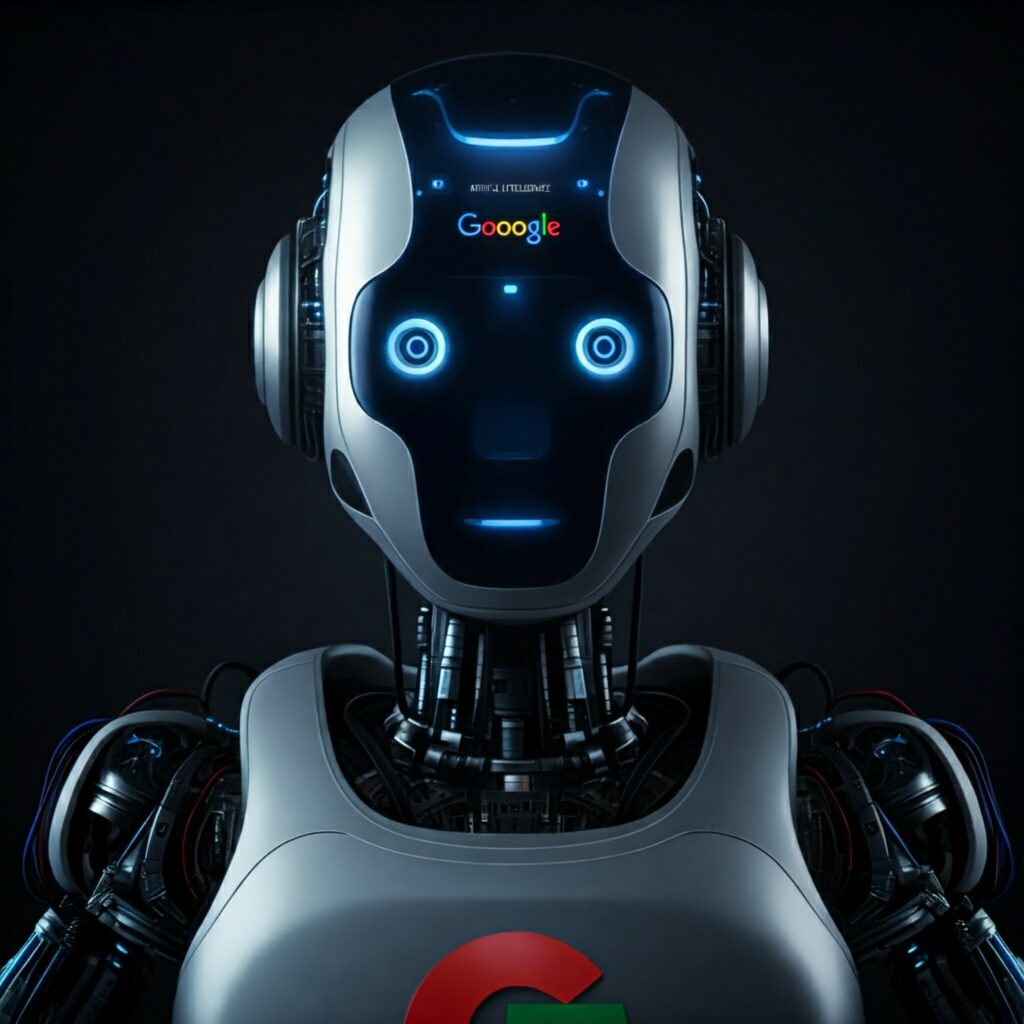The landscape of artificial intelligence (AI) is undergoing a dramatic shift. We are moving beyond AI systems that simply predict outcomes or generate content and entering the era of agentic AI.1 This third wave of AI involves sophisticated agents capable of independently performing complex tasks, making decisions, and even interacting with other AI agents.2 This evolution has profound implications for the way we work and organize our workplaces.
Understanding the AI Evolution
To appreciate the significance of agentic AI, it’s helpful to understand the progression of AI through three distinct waves:
- Predictive AI: This first wave focused on forecasting trends and enabling data-driven decision-making.
- Generative AI: The second wave brought us the ability to generate text, images, and other content, as well as engage in human-like conversations.3
- Agentic AI: This latest wave empowers AI systems to autonomously execute tasks and interact with their environment, marking a significant leap in AI capabilities.4
What Sets Agentic AI Apart?
Unlike their predecessors, agentic AI agents don’t just passively respond to prompts or generate content.5 They are proactive and capable of:
- Independent Action: Agentic AI agents can perform tasks without constant human oversight, making decisions within defined parameters.6
- Interaction: These agents can interact with other AI agents, humans, and their environment.7
- Complex Task Execution: They can carry out complex tasks, breaking them down into smaller steps and making adjustments as needed.8
The New AI Workforce
Agentic AI is poised to revolutionize the workplace by creating a new kind of workforce.9 Imagine AI agents specializing in various roles, from customer service and sales to marketing and operations.10 This transformation could lead to:
- Human-AI Collaboration: Humans might take on roles similar to “chiefs of staff,” coordinating and managing teams of AI agents.11
- New Job Categories: The rise of agentic AI will likely create new job opportunities, such as AI agent trainers, AI workflow orchestrators, and AI ethics compliance officers.12
- Hybrid Work Environments: Some routine tasks may be fully automated, while others will involve humans and AI agents working together.13
Agentic AI in Action
The practical applications of agentic AI are already emerging across various industries:14
- Customer Service: AI agents can handle complex customer inquiries, resolve issues, and provide support.15
- Sales and Marketing: AI agents can personalize customer interactions, generate leads, and even negotiate deals.16
- Healthcare: AI agents can assist with patient diagnosis, treatment planning, and medication management.17
- Finance: AI agents can automate tasks like fraud detection, risk assessment, and claims processing.18
The potential for collaboration among AI agents is particularly exciting. Imagine AI agents participating in meetings, not just taking notes but actively contributing insights and data. These agents can be deployed on demand, customized for specific needs, and scaled as required.19
Building Trust and Ensuring Control
While the potential of agentic AI is vast, responsible deployment is crucial.20 Key considerations include:
- Safety and Security: Robust safeguards are needed to prevent unintended consequences from autonomous AI actions.21
- Transparency and Explainability: Understanding how AI agents make decisions is essential for building trust and accountability.22
- Human Oversight: Maintaining human control over critical decision points is vital to ensure responsible AI use.23
Preparing for the Future of Work
As we move towards a workplace increasingly populated by AI agents, humans will need to adapt by:
- Understanding AI Capabilities: Professionals must grasp the potential and limitations of AI agents.24
- Effective Delegation: Learning to delegate tasks to AI agents efficiently will be crucial.
- Collaboration Skills: Developing new competencies in orchestrating human-AI collaborations will be essential.
Embracing the Transformation
The transition to an agentic AI-powered workplace requires more than just adopting new technology; it demands a reimagining of how work gets done.25 Organizations must proactively explore the potential of agentic AI, decompose workflows to identify automation opportunities, and establish clear human oversight mechanisms.26
The third wave of AI is upon us. By embracing this transformation and learning to collaborate effectively with AI agents, we can unlock new levels of efficiency, innovation, and productivity in the workplace.27 The future of work will be shaped by those who can harness the power of agentic AI while ensuring its responsible and ethical deployment.28

